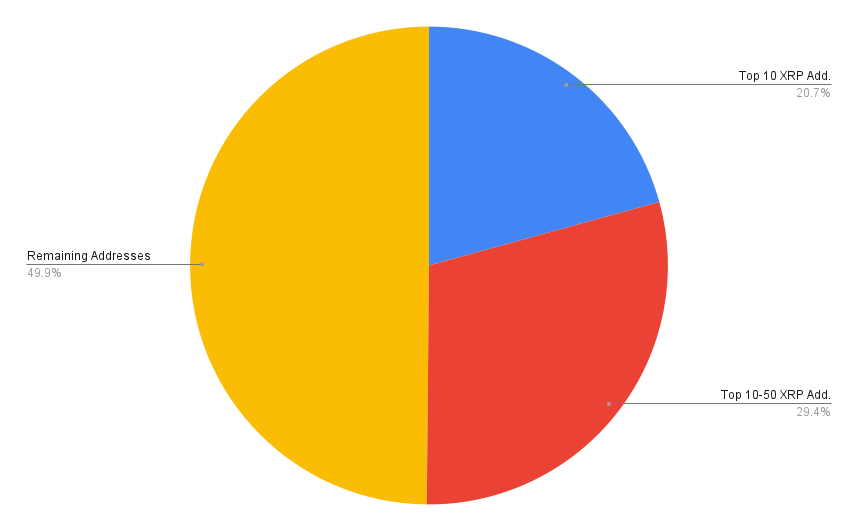Exploring the bitcoin etf approval date offers a fascinating glimpse into the evolving landscape of cryptocurrency investment. As Bitcoin continues to capture the attention of investors and regulators alike, Bitcoin ETFs have emerged as one of the most significant financial instruments in this space. These funds not only provide a way to invest indirectly in Bitcoin, but they also reflect the growing acceptance of cryptocurrencies within traditional financial markets.
The journey of Bitcoin ETFs began with a series of applications that highlighted both the potential benefits and the challenges of integrating cryptocurrencies into established financial frameworks. Understanding how these ETFs function and their implications for investors can shed light on the future of Bitcoin and its place in the broader economic ecosystem.
Introduction to Bitcoin ETFs
Bitcoin ETFs, or Exchange-Traded Funds, are investment vehicles that allow investors to gain exposure to Bitcoin without having to directly purchase the cryptocurrency. This is significant in the cryptocurrency market as it opens the door for institutional investments, potentially leading to greater mainstream adoption of Bitcoin. The history of Bitcoin ETFs has been a rollercoaster since their inception, reflecting the growing pains of the cryptocurrency market as it seeks legitimacy within traditional financial structures.Initially proposed in the early 2010s, Bitcoin ETFs faced numerous regulatory hurdles and skepticism from financial authorities.
Over the years, various proposals have been submitted to regulators, leading to a gradual evolution in both the products available and the regulatory landscape surrounding them. Bitcoin ETFs function by tracking the price of Bitcoin, allowing investors to buy shares that represent a portion of the actual Bitcoin held in custody. This setup offers several benefits, including increased liquidity, access to a regulated trading environment, and avoidance of the technical complexities associated with directly owning Bitcoin.
Regulatory Landscape
The regulatory framework governing Bitcoin ETFs varies significantly across different jurisdictions. In the United States, the Securities and Exchange Commission (SEC) plays a pivotal role in the approval process for Bitcoin ETFs. Other countries have their own regulatory bodies, such as the Financial Conduct Authority (FCA) in the UK and the Autorité des marchés financiers (AMF) in Canada. Several countries have taken steps to approve or reject Bitcoin ETFs based on their unique regulatory philosophies.
For instance, Canada has successfully approved multiple Bitcoin ETFs, allowing investors to trade them on stock exchanges. Conversely, the SEC has been more cautious, frequently rejecting proposals over concerns about market manipulation and investor protection.
Major Bitcoin ETF Applications
A number of prominent companies have applied for Bitcoin ETF approval, reflecting the strong interest in this investment vehicle. Notable applicants include:
- VanEck
- Bitwise Asset Management
- Fidelity Investments
- Grayscale Investments
The timeline of significant ETF application submissions has seen various outcomes. For instance, the first Bitcoin ETF application was submitted in 2013, but it wasn’t until 2021 that the first North American Bitcoin ETF was approved. Various factors influence the approval or rejection of these applications, including regulatory concerns and market conditions.
Current Status of Bitcoin ETF Approvals
As of now, the status of Bitcoin ETF applications remains dynamic and continuously evolving. Recent developments indicate that while some applications have achieved approval, others face delays or outright rejections. Factors affecting the approval process include regulatory scrutiny, market demand, and the overall stability of the cryptocurrency market. Updates on Bitcoin ETF approvals have shown heightened interest from investors, especially as major companies continue to enter the market.
The anticipation surrounding these approvals often leads to significant discussions within the financial community about the future of cryptocurrency investments.
Market Reactions to Approval Dates
Market sentiment tends to shift dramatically with any announcements related to Bitcoin ETF approval dates. Historical data reflects instances of significant market volatility coinciding with ETF announcements. For example, when Canada approved its first Bitcoin ETF, Bitcoin prices surged, demonstrating the direct impact of such news on trading volumes and investor behavior. Expected approval dates often create a speculative atmosphere, leading to increased trading activity.
Investors closely monitor these developments, as they can significantly influence Bitcoin prices and overall market dynamics.
Future Outlook for Bitcoin ETFs
Looking ahead, the Bitcoin ETF market is poised for further growth and innovation. Potential future trends include the introduction of more diverse products, such as Bitcoin futures ETFs or ETFs that include a mix of cryptocurrencies. Technological advancements, like improved blockchain technology and custody solutions, may also have a positive impact on the Bitcoin ETF space. Anticipated changes in regulation, particularly in major markets like the U.S.
and Europe, could pave the way for broader acceptance and accessibility of Bitcoin ETFs. These shifts stand to reshape the landscape of cryptocurrency investments, making them more attractive to a wider range of investors.
Final Review
In conclusion, the bitcoin etf approval date holds critical importance for the cryptocurrency market and investors alike. As we continue to witness developments in regulatory frameworks and market reactions, the impact of these approvals will shape the future of Bitcoin ETF offerings. Keeping a close eye on approval dates and their implications can provide valuable insights for those navigating the ever-evolving cryptocurrency landscape.
FAQ
What is the importance of Bitcoin ETF approval?
Bitcoin ETF approval is crucial as it legitimizes Bitcoin as an investment asset, potentially attracting more institutional and retail investors.
How does the approval process work for Bitcoin ETFs?
The approval process involves regulatory bodies reviewing applications to ensure compliance with financial laws and regulations.
What happens if a Bitcoin ETF application is rejected?
A rejection can lead to market volatility and may decrease investor confidence in future Bitcoin ETF initiatives.
Are there any countries that have successfully approved Bitcoin ETFs?
Yes, several countries including Canada have successfully approved Bitcoin ETFs, paving the way for others to follow.
How do Bitcoin ETF approvals affect Bitcoin prices?
Typically, news of Bitcoin ETF approvals can lead to price increases due to heightened investor interest and market speculation.

















